Now that the the school year is almost over, its time to buckle down and prepare for finals with these 12 effective study tips. Forming good habits from the beginning will help you to stay on track for the school year. Half the work is preparing the optimal setting! But even if you hadn’t, there is still time to finish strong!
12 Effective Study Tips
1. Plan out your study time. Decide what you will be working on and schedule out your time, IN ADVANCE. Divide into sections. Cramming does not work as well as you think!
2. Dress comfortably – If you are wearing uncomfortable clothing, you are more likely to fidget and lose concentration.
3. Be well rested and alert. Do not study late at night when you are tired or your retention will be lower and your study session will not last very long before you start nodding off. Also, sit at a desk or table. Laying in bed may seem comfortable, but its just going to relax you too much and you may end up sleepy.
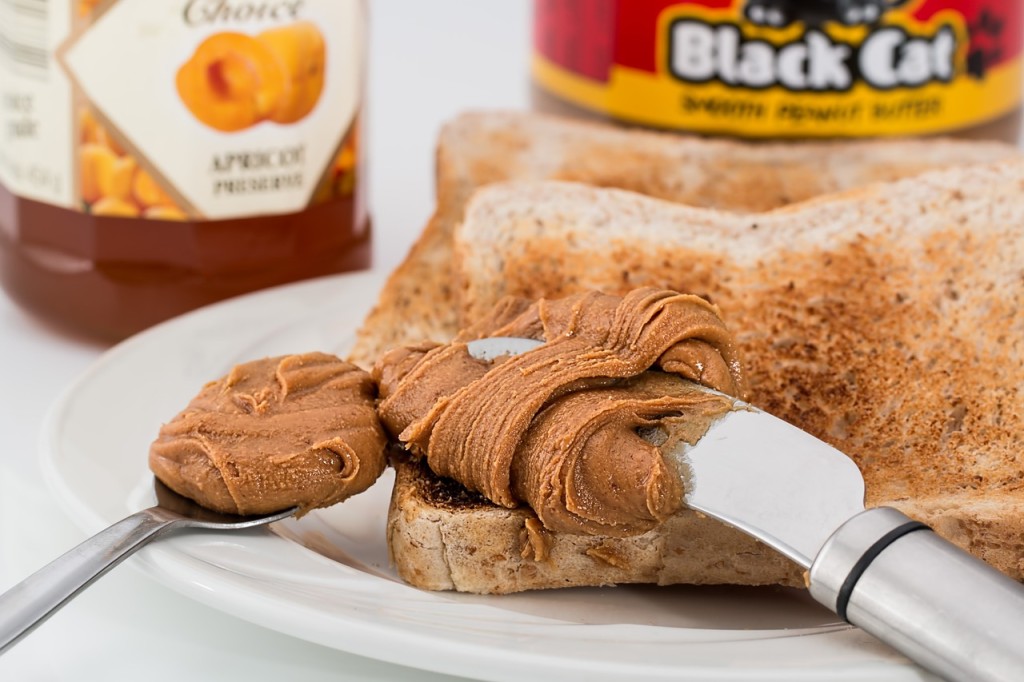 4. Eat a healthy snack and drink water! Think protein! Do not eat a donut or cookies. You may feel like you’re perked up by the sugar, but you will crash and feel sleepy soon after. Instead, opt for lean protein, nuts, fruit or veggies. And don’t forget to keep hydrated! (Coffee and soda will NOT hydrate you!) This is one of the IMPORTANT study tips!
4. Eat a healthy snack and drink water! Think protein! Do not eat a donut or cookies. You may feel like you’re perked up by the sugar, but you will crash and feel sleepy soon after. Instead, opt for lean protein, nuts, fruit or veggies. And don’t forget to keep hydrated! (Coffee and soda will NOT hydrate you!) This is one of the IMPORTANT study tips!
5. Gather your materials. Be prepared and you will have less distractions later. This will help you keep focused.
6. Clear your workspace. A cluttered area will be a distraction. You will want a clear area so you can find your materials easily.
7. Turn off all distractions! This means setting your phone to Airplane Mode and log out of your social media accounts! Everything will still be there when you’re done, I promise! Oh, and turn off the TV!
8. Play classical music softly in the background. Studies have shown that students are more productive and learn better when listening to classical music during classwork, homework and studying. Your music app is one that you do NOT have to turn off! You can easily find “study” stations on most music apps. Here is one of many articles I found on this topic!
9. Take additional notes while studying. Do this even when you are studying from your notes. Writing helps you retain the information! I’ve done this for years and it works. My kids do it now too!
10. Make flash cards! Once you’re done with the study session, you can quickly review your flash cards to reinforce the information you studied. This also makes it easier to focus on specific areas, in an organized manor.
11. Create ACRONYMS, phrases and songs to help you remember key pieces of information. For example, my daughter had a quiz on “helping verbs”. She found a “helping verb” song on YouTube and memorized it. She aced the quiz! Be creative in a way that is easy for you to remember or associate facts you need to memorize.
12. Get up every 20-30 minutes to stretch! You need short breaks during study time. Do this for 5 minutes, get some water, use the restroom, then get back to it! Its like a quick re-set!
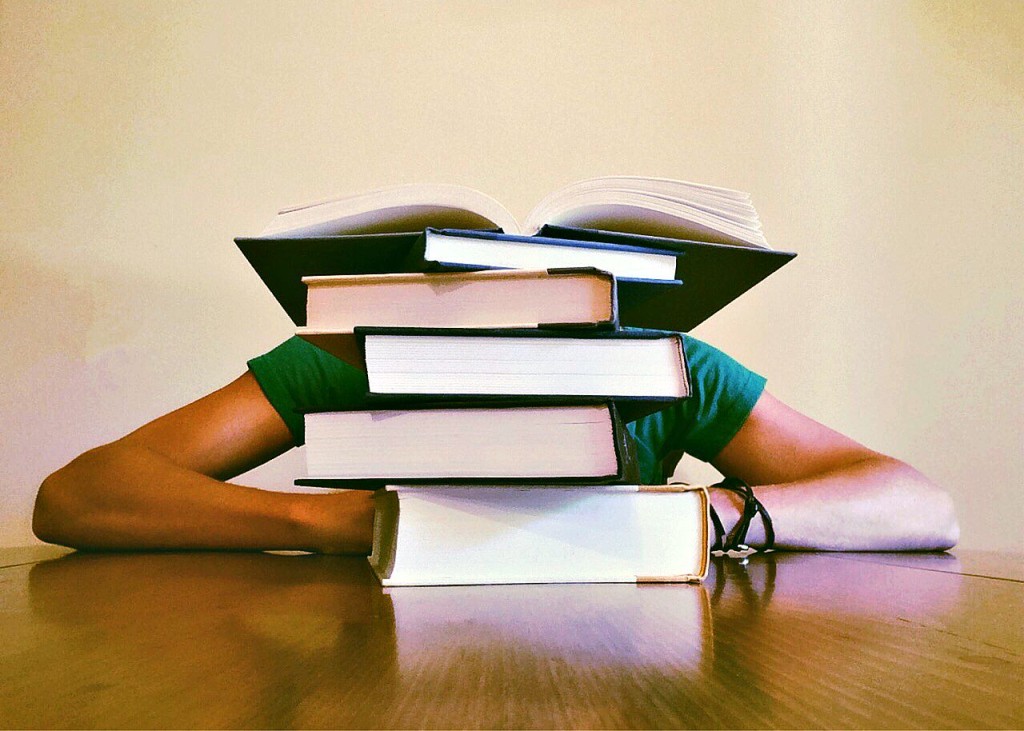
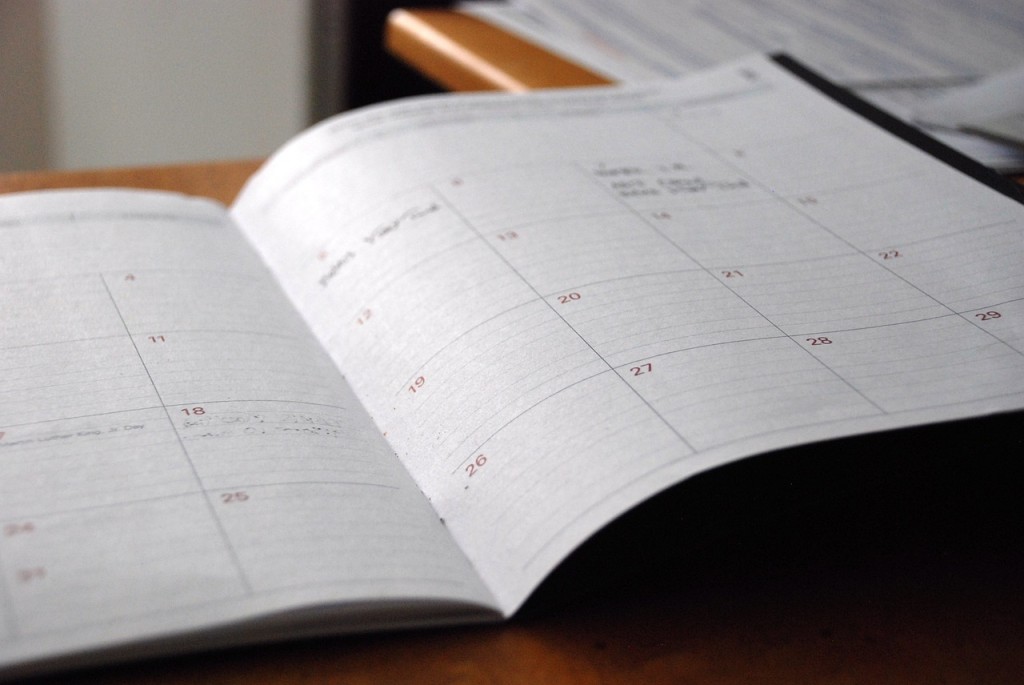

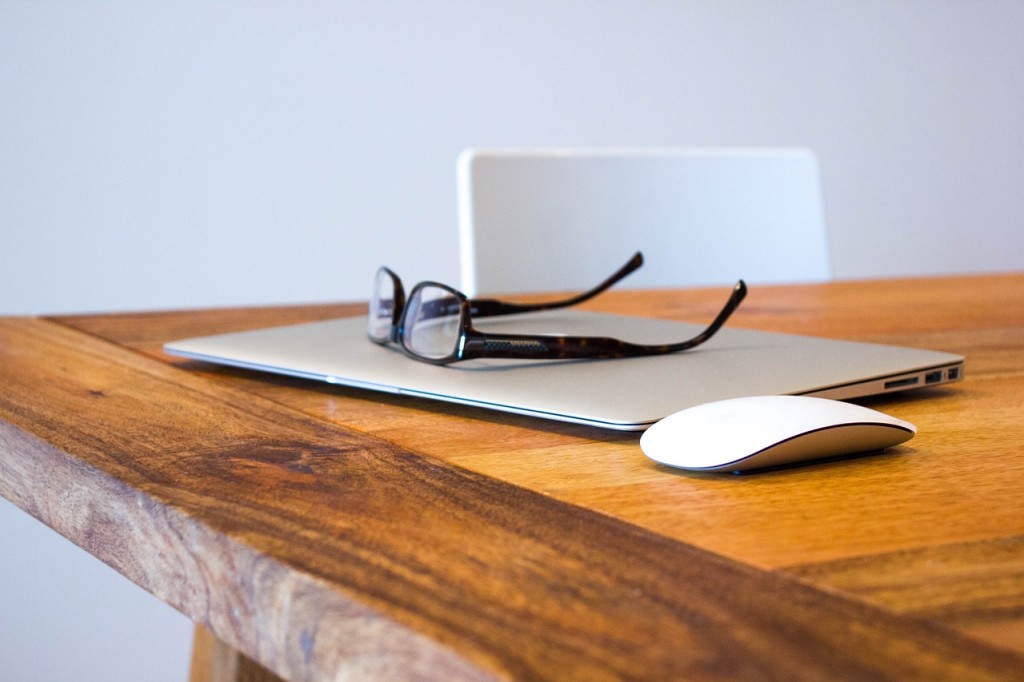
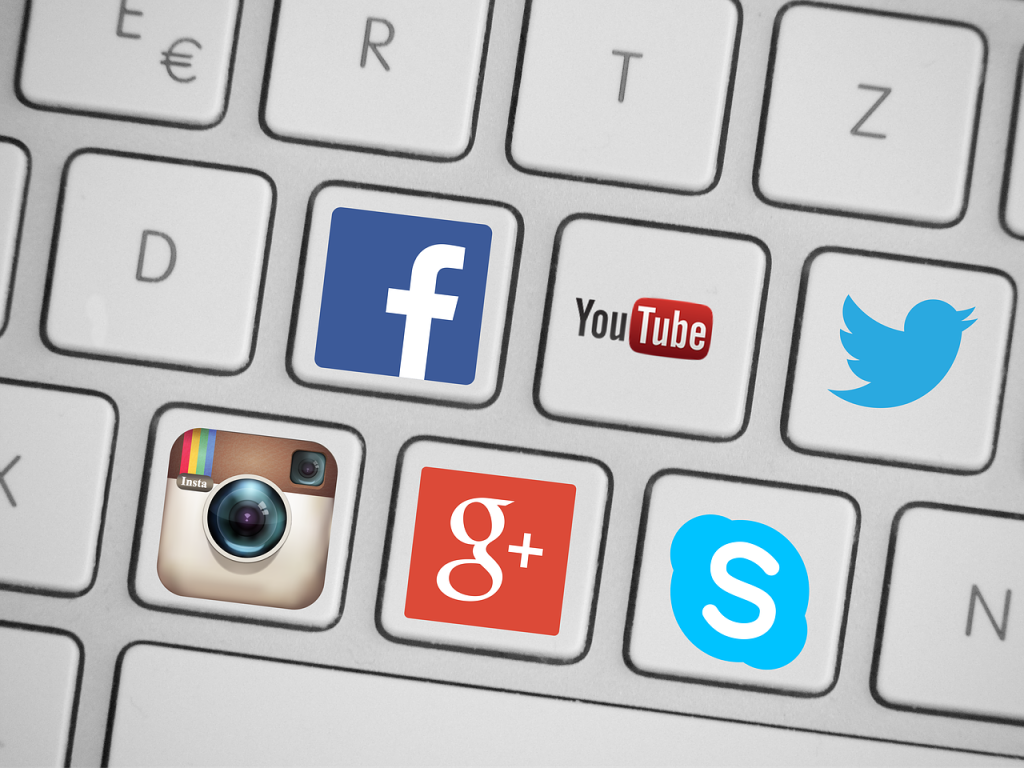
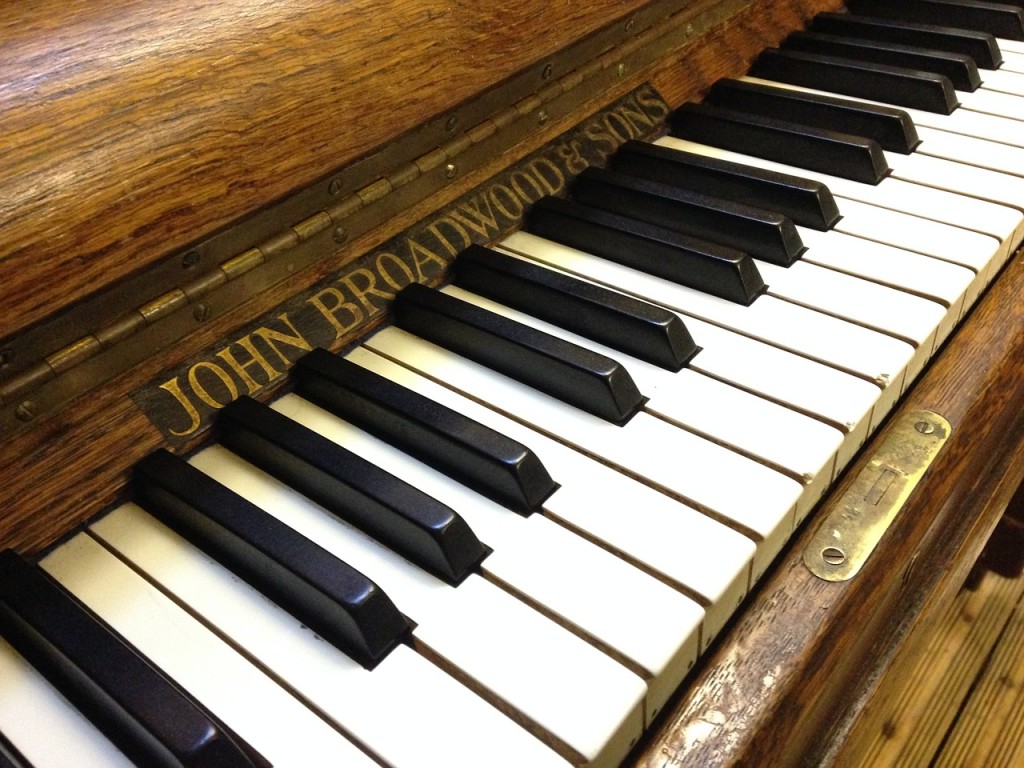
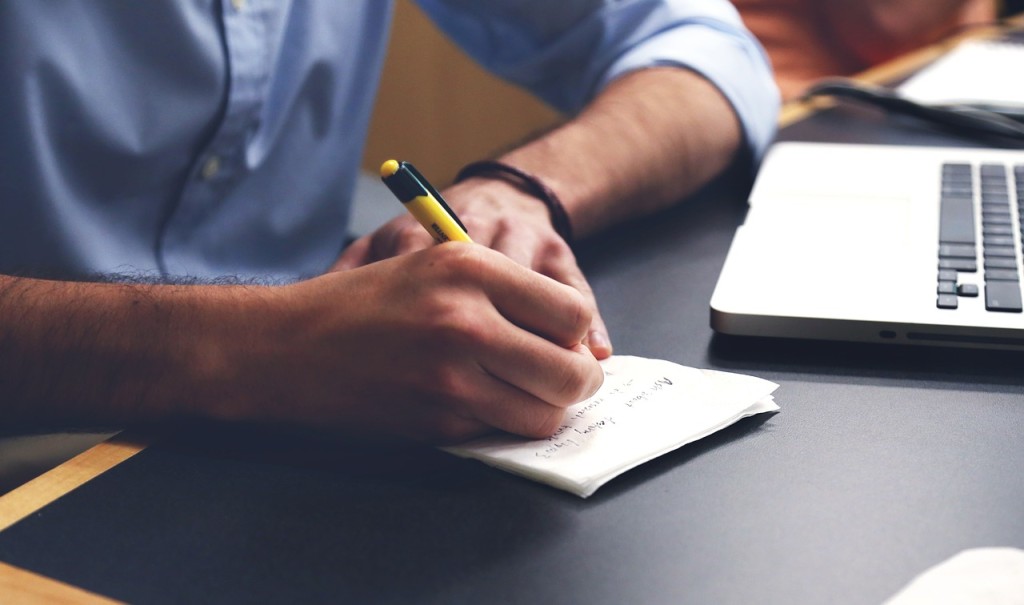
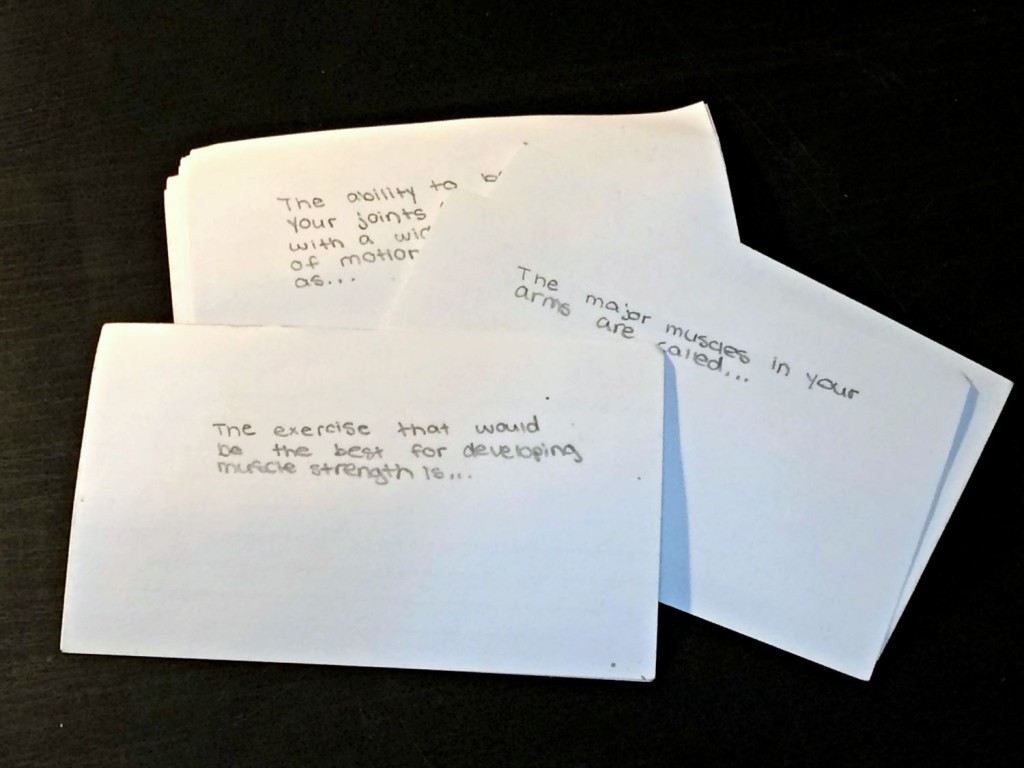
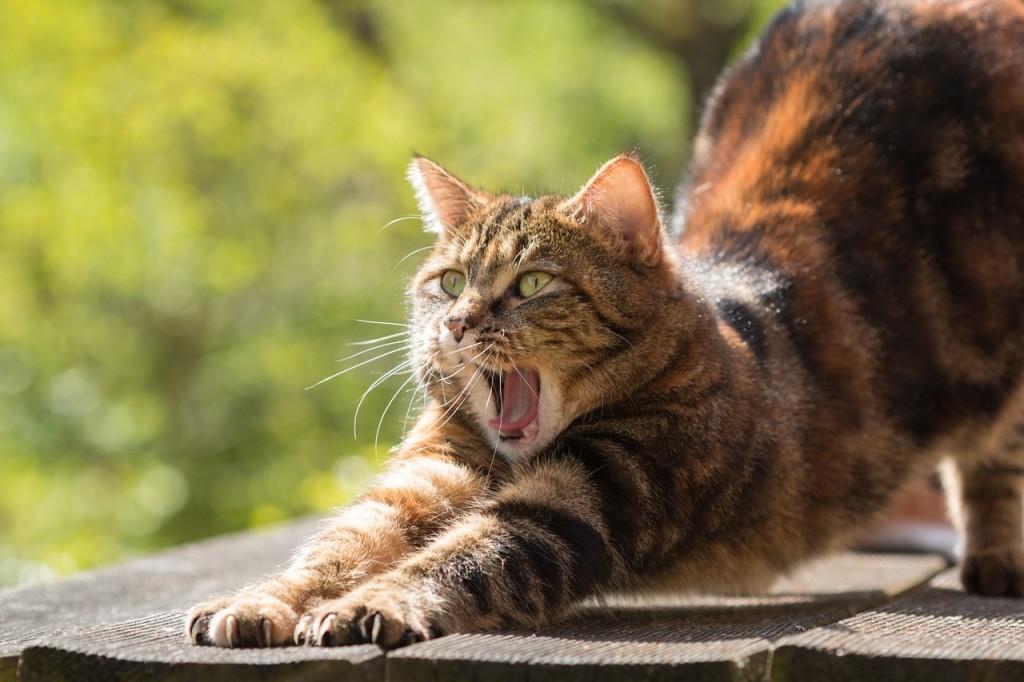
Planning is very important part of the study. Through planning we can divide our study time properly. The tips that you have shared are very useful since they includes how we can manage our study time with other activities and it will definitely give a positive result.
Great study tips! I still use flash cards when I am trying to learn something new!
These are really good tips, and they actually could be applied to my time management and trying to write. Great points. Thanks for linking up with us.
Great post! I was just browsing around the internet and found your amazing article, just came across it, it’s really helpful and sounds great. I also would like to add a few study tips which may be helpful for students out there. Here are three more tips I’d like add one of the most effective ways of actively engaging while studying is to take notes as you go along. Everyone should take short breaks. Students can have the benefits of chew gum. Chewing gum raises the heart beat by around 3 BPM, increasing blood flow in the cerebral area (mastication-induced arousal), which can result in improvement in brain activity.